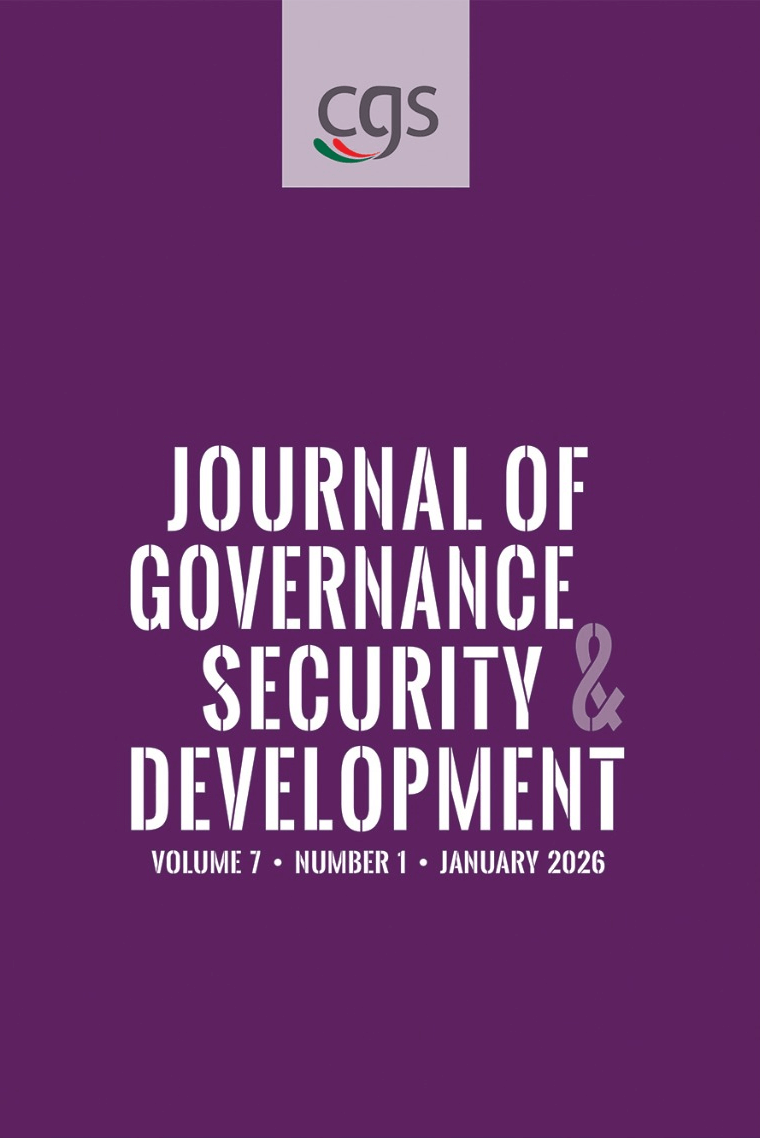Journal Abstract
Volume 7 | Number 1 | Online Early Version
Online Version: ISSN No: 2708-2490
Print Version: ISSN No: 2709-0590
Price: BDT: 750.00, USD: 25.00
Publish Date: 14, October 2025
Article:
A.R.M. Imtiyaz
Abstract
Muslims in Sri Lanka define their ethnic identity through Islam, which unites
them across diverse linguistic and cultural backgrounds. While they have
traditionally coexisted peacefully with non-Muslim communities, current
trends of religious authoritarianism within the Muslim population threaten this
pluralism. These authoritarian tendencies include rigid interpretations of
Islam, social regulation, and political mobilization through religious rhetoric.
Although political parties have sometimes used exclusive language, the rise
of religious authoritarianism stems from historical, socio-political, and global
religious influences. This paper explores these factors and situates them
within the context of Sri Lanka's democratic state, also contending with
Buddhist nationalist pressures. Through qualitative research, including
interviews with key stakeholders, this study analyzes how religious
authoritarianism affects both intra-Muslim relations and broader
intercommunal dynamics.


